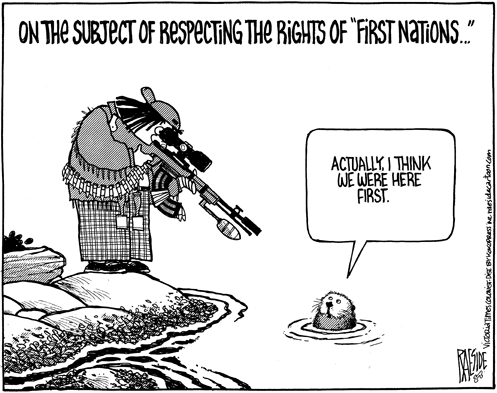Entrepra-NEW Opinion!!

Looking back at the past fifteen (!) classes, I have been amazed at how far I’ve come in the course. Even though I still find some things hard to grasp (looking at you, future and present values), it feels great to look at articles and interpret them with the tools I have learned in class. This happened to me recently when I took a look at an excellent blog post written by my classmate, Isabella Bonato.
In her article, Isabella expressed the opinion that society should not put generic standards on successful CEOs and their workplaces, as people like Steve Jobs have proved that it’s rewarding to not always share the same qualities. Having learned about disruptive innovation and entrepreneurship in class, I would like to voice my opinion regarding the qualities of a CEO. In my opinion, a successful CEO has to be an entrepreneur, someone who started at the bottom and through disruptive innovation pushed his way up to the top (good examples are Mark Zuckerberg with Facebook and Steve Jobs with the Iphone). What makes CEOs achieve is that they have a long-term vision that they are able to carry through in the long run.
Is this a real innovation?
While I agree that society shouldn’t place physical traits as guidelines for a great CEO I still believe that society should place some common characteristics on them. Additionally, CEO’s should be cautious to hire legitimate intapreneurs for their company- people who innovate for the company’s value, not just in the sake of innovation (*cough* New Coke). With a driven CEO and a team of like-minded innovators behind him, businesses can be truly successful.


